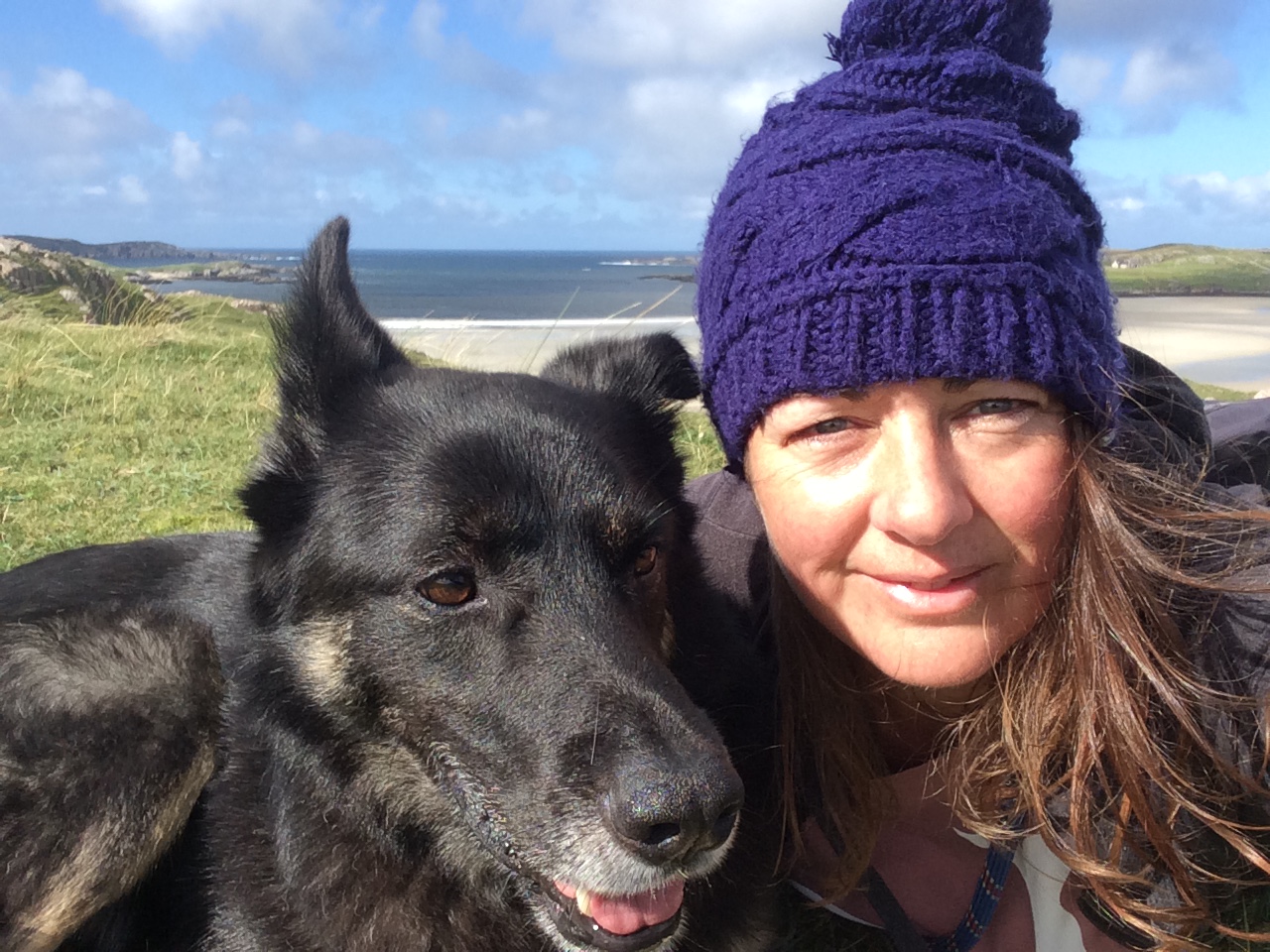July 2017
So, as Britain prepares to leave the EU, and we consider future wildlife protection needs, WDC, Whale and Dolphin Conservation is working hard with members of Link to ensure that dolphins, whales and porpoises get the protection they deserve in UK waters.
Globally, bycatch is a major conservation and welfare concern and thousands of porpoises, dolphins and seals die in UK fishing gear each year. As well as non-UK boats fishing in UK waters, although we don’t know figures for this. It’s not just cetaceans either; seabirds, basking sharks and occasionally otters are also bycaught.
Being caught in a net is a terrible way to die. The majority of dolphins and porpoises who are caught will suffocate, after a terrifying and painful struggle, if they are not able to rise to the surface to breathe. WDC research has identified a variety of external and internal injuries ranging from amputations, broken teeth, broken bones and haemorrhaging, as well as stress. Some escape or may be released, but may go on to suffer due to the injuries they have sustained, the loss of friends or family members or a reduced ability to feed or reproduce.
WDC’s ambition is that the number of deaths of dolphins, porpoises and whales in fishing gear is continually reduced. Bycatch in fishing gear is not inevitable. There are things that we can do to stop the suffering without compromising our ability to catch fish and its vital Governments enforce these so we can monitor fishing activity and reduce entanglements.
No fisherman wants to catch a dolphin and individually, although unpleasant, they may not think that their activities are having an impact. But collectively, fishing is taking its toll on marine species which is why we need positive relationships to involve the industry and individual fishermen.
Whilst the UK does more than many other EU Member States to monitor bycatch, we can and must do more. The EU is currently preparing to replace existing measures that require monitoring and mitigation of bycatch and WDC is working hard alongside Link members to ensure that new measures are fit for purpose.
This month there was an announcement of a new Fisheries Bill in the Queens Speech, and a Repeal Bill to convert existing EU wildlife law into domestic law. To ensure these bills reduce bycatch, we need:
1) A review of all UK fishing activities to determine where more effort to reduce bycatch is a priority. This needs to include the English Channel and Bay of Biscay to understand why so many common dolphins are dying and take steps to stop these tragic deaths.
2) Fit-for-purpose laws and policies that are enforced and apply to all who fish in UK waters.
We very much welcomed the commitment from George Eustice MP, UK Fisheries Minister, to improve dolphin bycatch protection post-Brexit, in his recent BBC Cornwall radio interview (starting at 2:06mins).
If you would like to support WDC in our efforts to ensure meaningful change to improve bycatch measures, please sign the petition on WDC’s website today.
Sarah Dolman
Policy manager, WDC
Follow WDC at @whales_org
The opinions expressed in this blog are the author’s and not necessarily those of the wider Link membership.




Latest Blog Posts